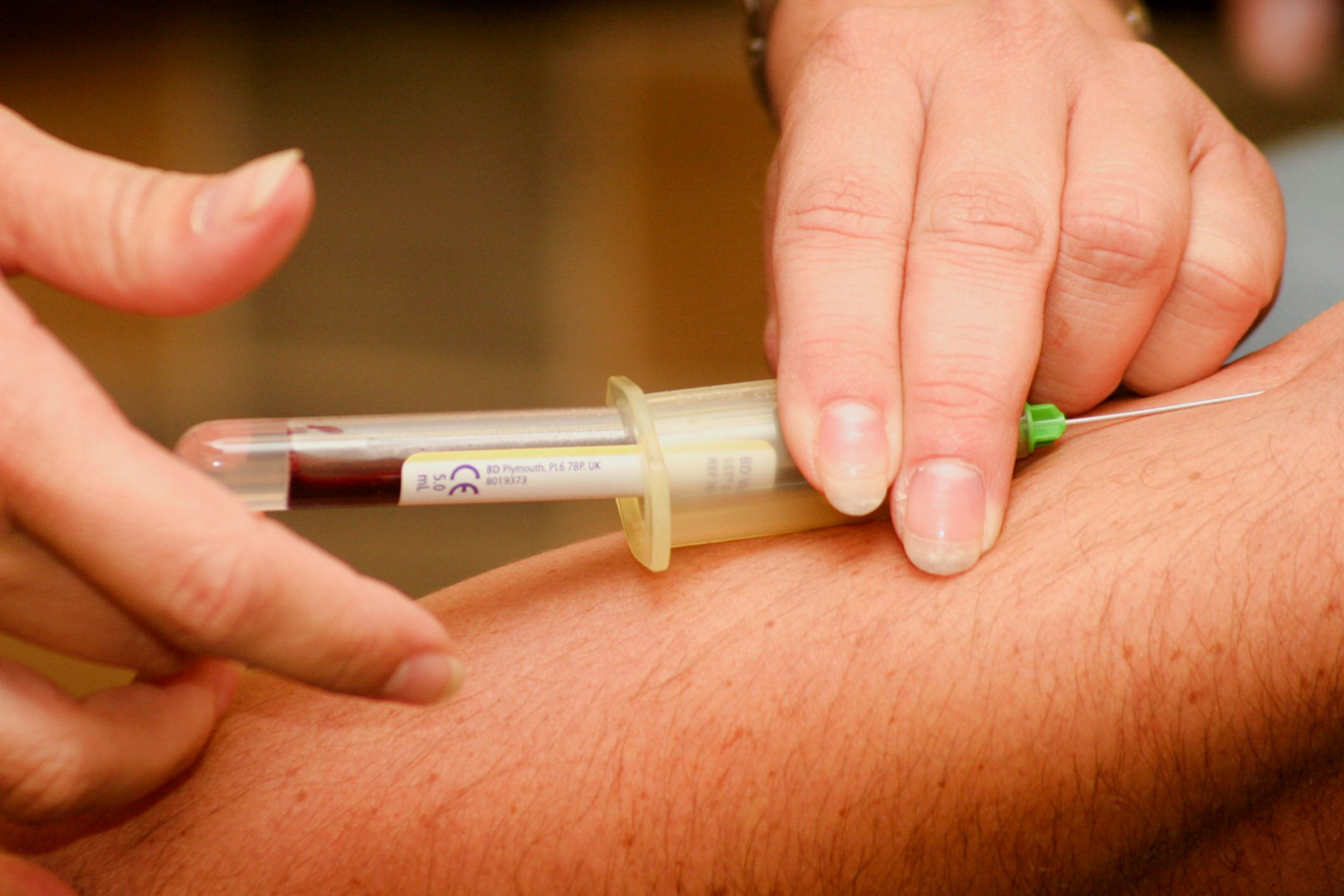**1. The Misconception About Eggs and Cholesterol**
In the past, it was believed that the cholesterol in egg yolks directly raised blood cholesterol levels, increasing the risk of cardiovascular disease. For this reason, many people with diabetes have been reluctant to eat eggs. However, recent studies have shown that dietary cholesterol has a smaller impact on blood cholesterol levels than previously thought.
**2. Why Eggs Are Good for People with Diabetes**
– **Low Carb, High Protein:** One egg contains almost no carbohydrates and about 6 grams of high-quality protein. Protein increases satiety and helps maintain stable blood sugar levels.
– **Minimal Impact on Blood Sugar:** Because they are virtually carb-free, eggs barely raise post-meal blood sugar.
– **Rich in Nutrients:** They are rich in essential nutrients like Vitamin D and choline, which are beneficial for overall health.
**3. Healthy Ways to Eat Eggs**
– **Appropriate Intake:** For most people with diabetes, 1-2 eggs per day can be part of a healthy diet.
– **Healthy Cooking Methods:** Boiled or steamed eggs are better than fried eggs, which use a lot of oil.
– **Balanced Meals:** Consuming eggs with whole-grain bread or vegetables makes for a more balanced meal. However, it’s best to avoid eating them with processed meats like bacon or sausage, which increase saturated fat intake.
Summary: Eggs are a nutritious food with little impact on blood sugar, and people with diabetes do not need to avoid them entirely due to cholesterol concerns. Instead, they are a great food to incorporate as part of a healthy diet.


Leave a Reply